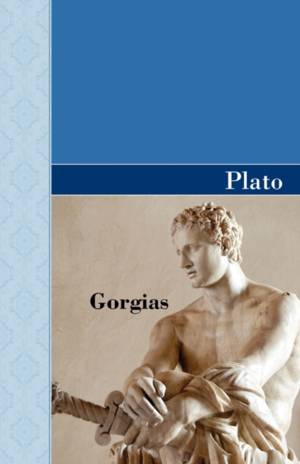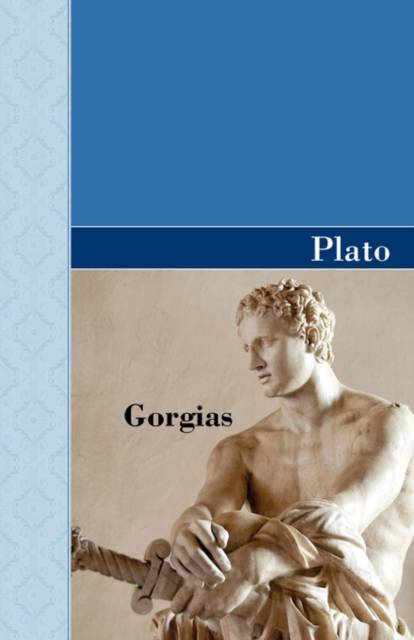
- Afhalen na 1 uur in een winkel met voorraad
- Gratis thuislevering in België vanaf € 30
- Ruim aanbod met 7 miljoen producten
- Afhalen na 1 uur in een winkel met voorraad
- Gratis thuislevering in België vanaf € 30
- Ruim aanbod met 7 miljoen producten
Zoeken
Omschrijving
Plato's Gorgias takes on the immortal themes of power, persuasion, and virtue. In ancient Athens, tremendous power lay in the ability to persuade, the art known as rhetoric. In this dialogue, Plato's teacher Socrates visits Gorgias, an eminent rhetorician, to question him about his profession and what is ultimately achieved by it. The discussion then turns to power and where it truly lies, and ends with a passionate argument by Socrates in favor of justice as the ultimate social virtue. Rooted in the classical worldview, Gorgias is a work which nevertheless remains deeply resonant today.
Specificaties
Betrokkenen
- Auteur(s):
- Uitgeverij:
Inhoud
- Aantal bladzijden:
- 200
- Taal:
- Engels
Eigenschappen
- Productcode (EAN):
- 9781605125282
- Verschijningsdatum:
- 12/11/2009
- Uitvoering:
- Paperback
- Formaat:
- Trade paperback (VS)
- Afmetingen:
- 140 mm x 216 mm
- Gewicht:
- 258 g

Alleen bij Standaard Boekhandel
+ 48 punten op je klantenkaart van Standaard Boekhandel
Beoordelingen
We publiceren alleen reviews die voldoen aan de voorwaarden voor reviews. Bekijk onze voorwaarden voor reviews.








